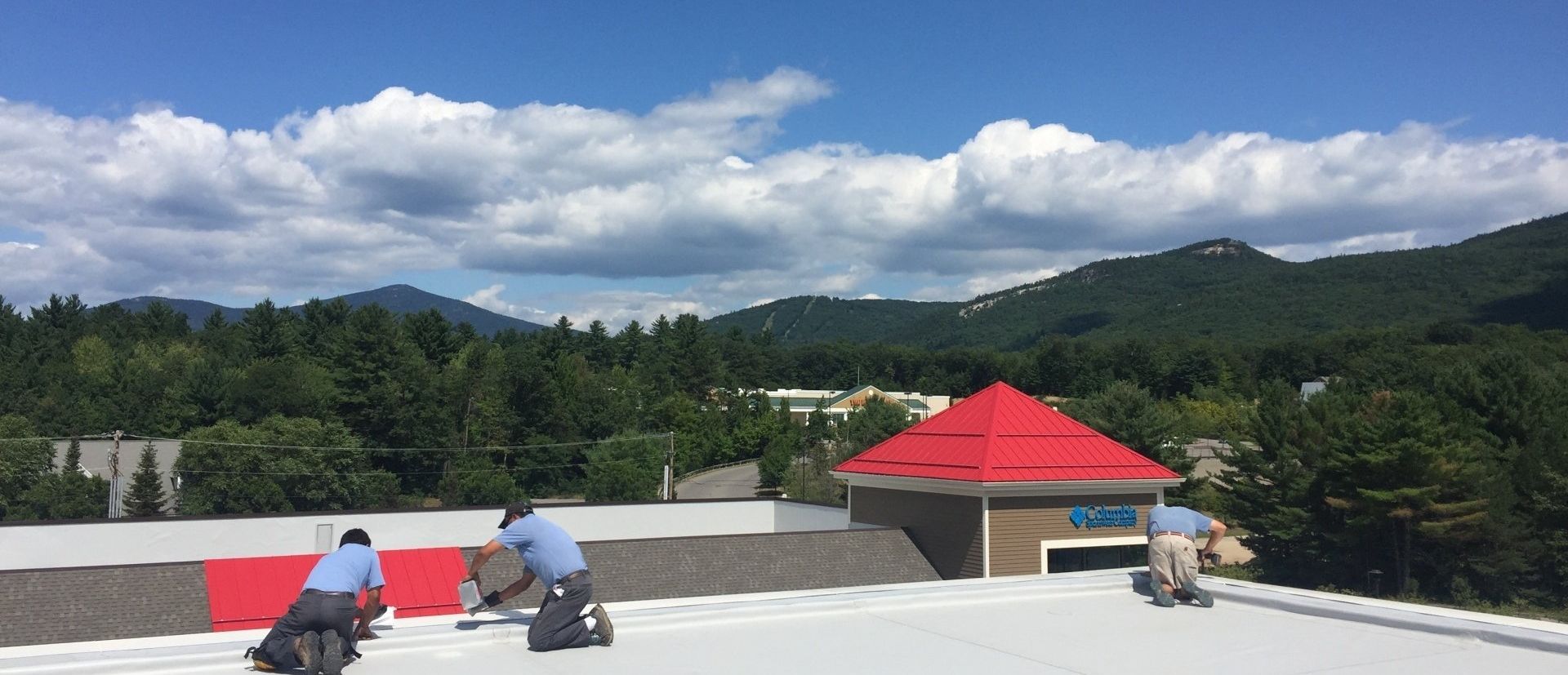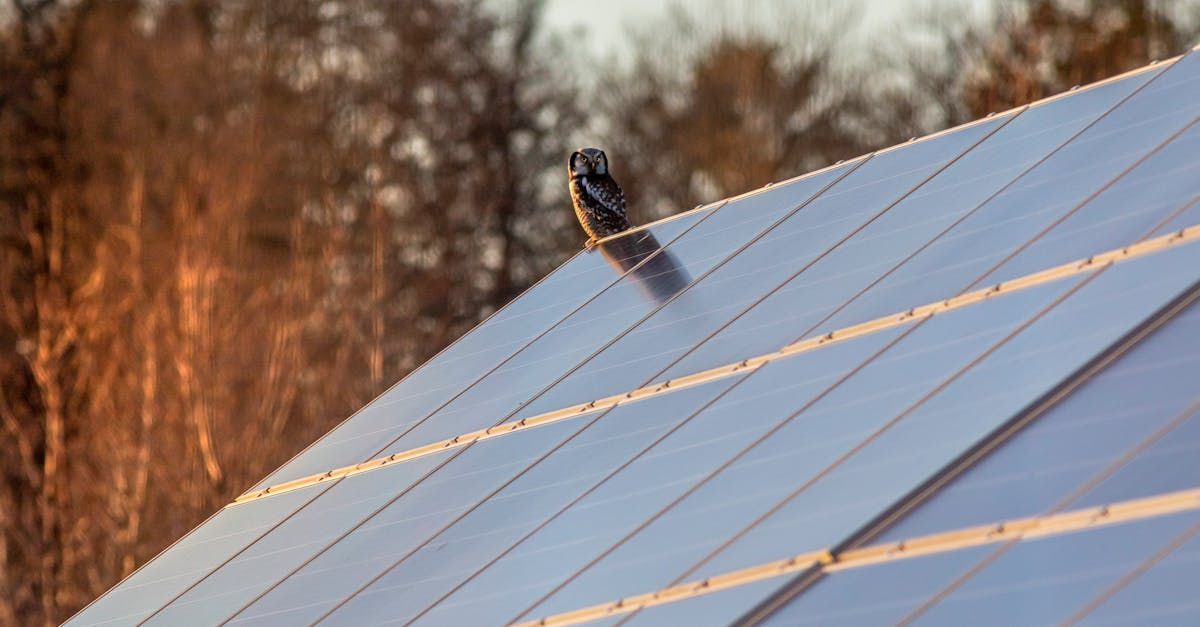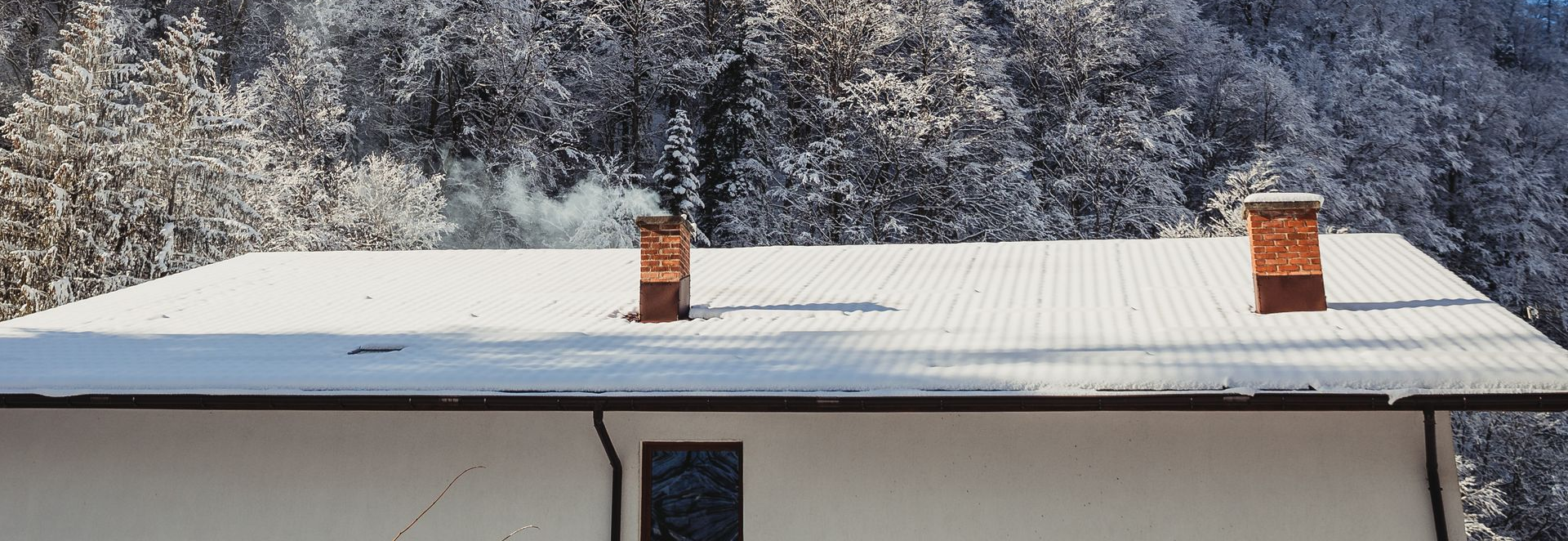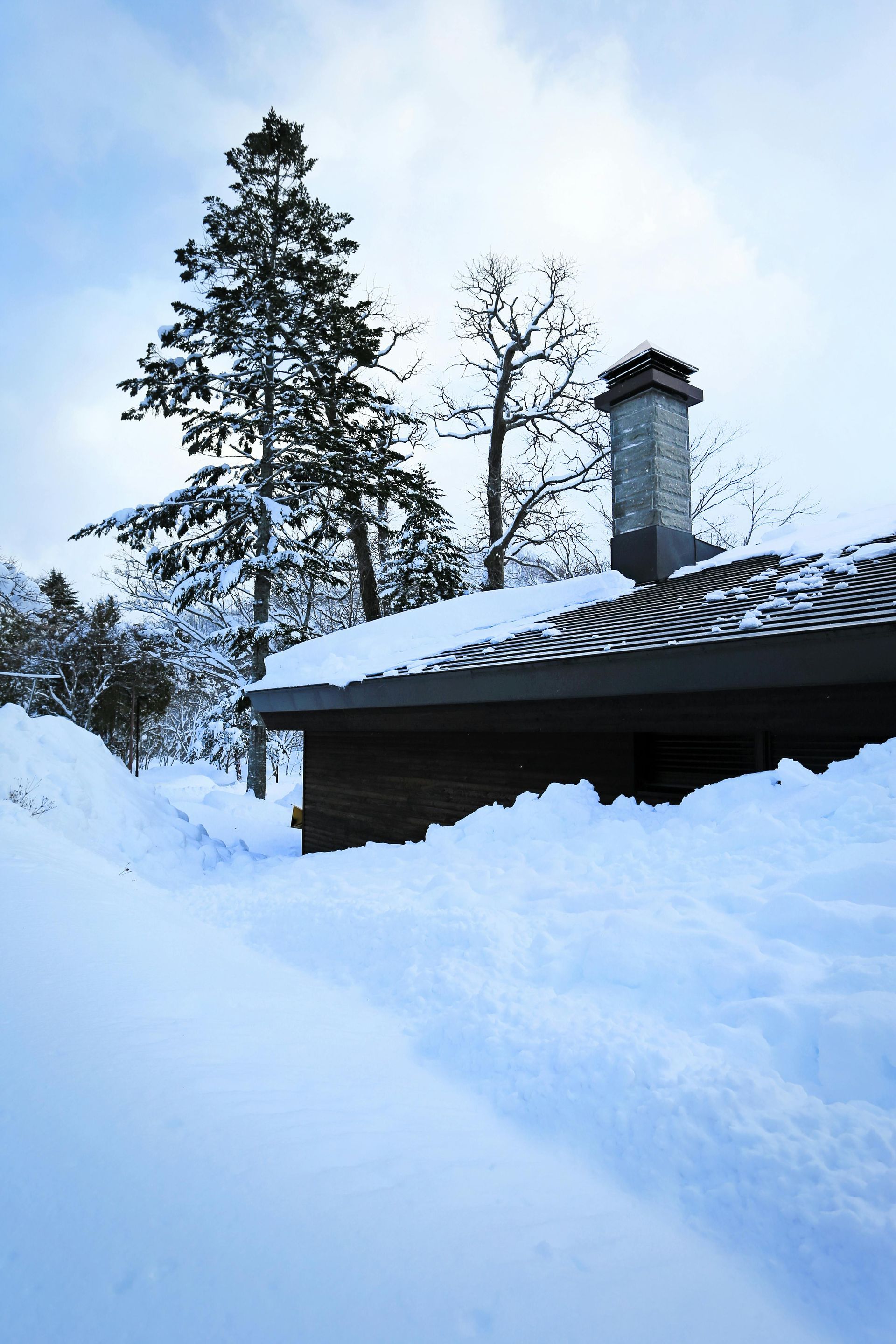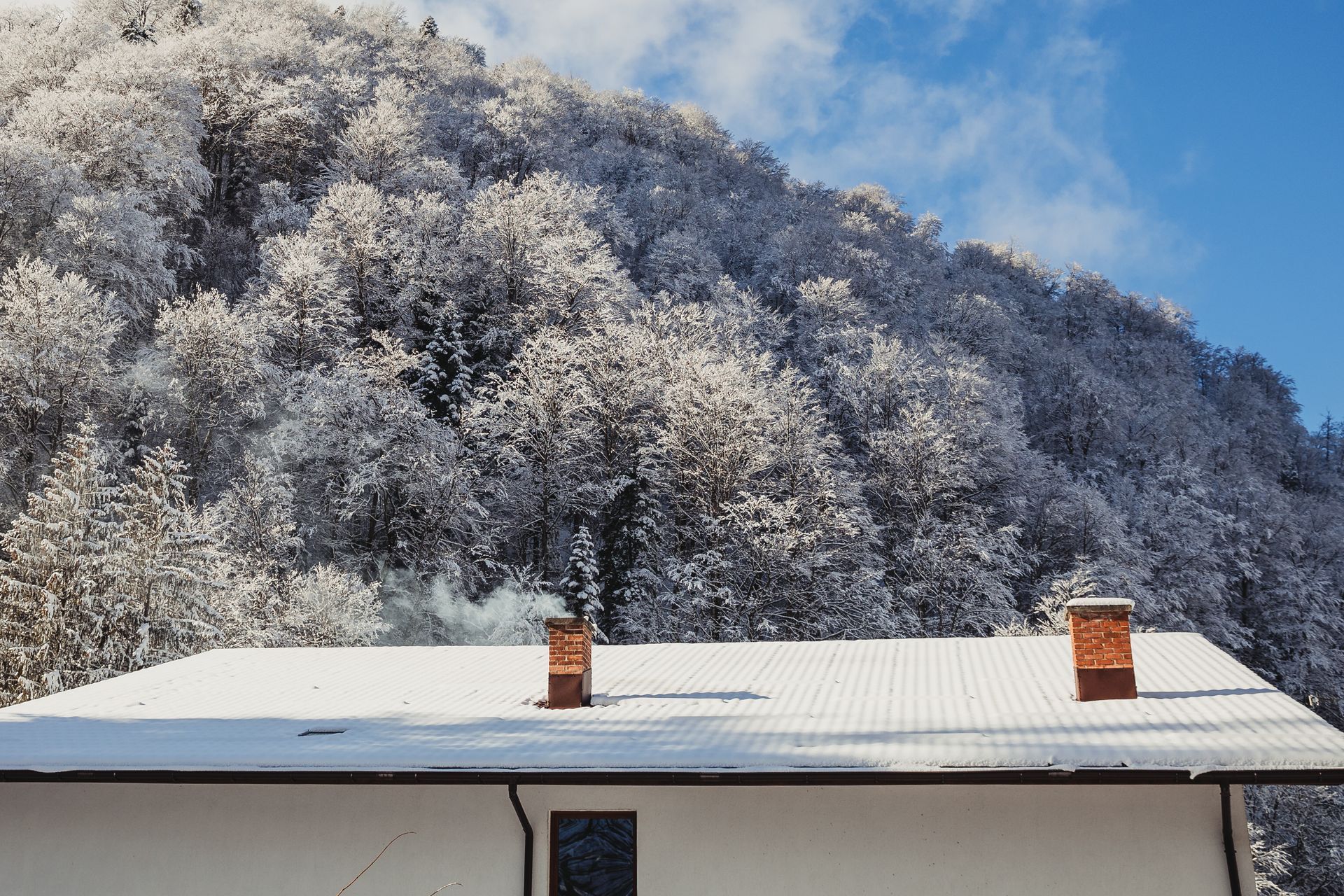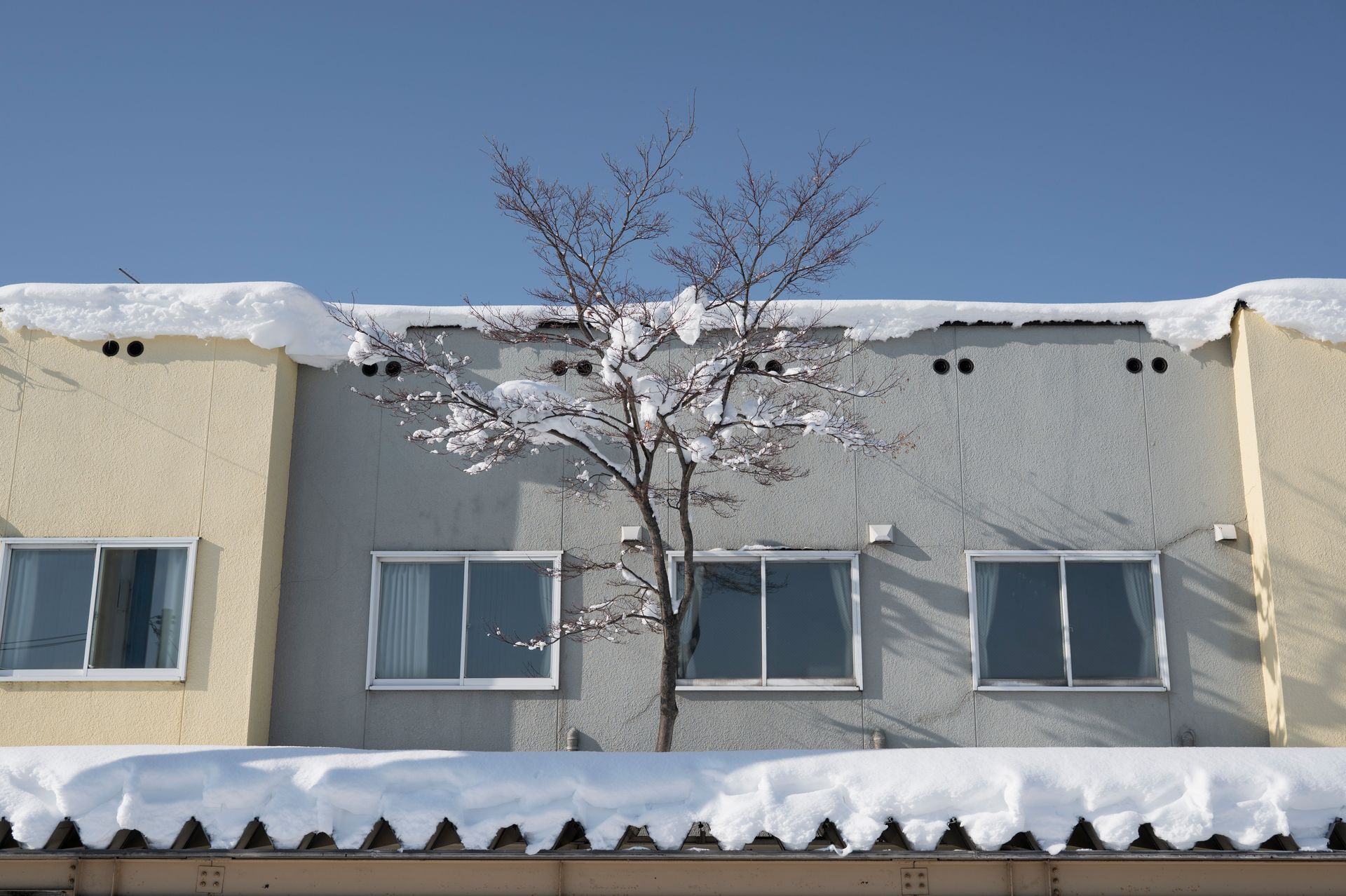How Roof Material Choices Impact Energy Bills
What Your Roof Is Really Costing You
Your roof does more than just keep the rain out. It plays a big role in how much you pay to heat and cool your home or building. The material you choose can make a noticeable difference in your energy bills, especially during extreme weather. If you're thinking about a roof replacement or building a new home, it’s worth considering how different materials can impact energy efficiency.
Reflective vs. Absorptive Materials
One of the biggest factors in roof energy performance is how well it reflects sunlight. Dark, heat-absorbing roofs, like traditional asphalt shingles, can retain heat throughout the day, transferring it into your attic or upper floors. That means your air conditioning has to work harder in the summer, which drives up your electric bill.
On the other hand, materials like metal roofing or light-colored shingles are more reflective. They bounce sunlight away from your home, keeping things cooler inside. Some roofing systems even have built-in reflective coatings specifically designed to lower surface temperatures and reduce cooling loads.
Insulation & Thermal Performance
Some materials naturally offer better insulation than others. For instance, clay tiles and slate are thicker and help buffer your home against temperature swings. Metal roofs, while reflective, usually need to be paired with quality insulation underneath to get the full energy-saving benefits.
If you're looking for optimal energy performance, consider a cool roof system. These are designed to reflect more sunlight and absorb less heat than standard roofs. Cool roof coatings can also be added to existing materials in some cases, helping improve efficiency without a full replacement.
Long-Term Savings
While energy-efficient materials sometimes come with a higher upfront cost, they can pay off over time. A cooler home in the summer means less reliance on your HVAC system, which not only saves on energy bills but also extends the life of your equipment. Over the long haul, the energy savings and reduced maintenance often outweigh the initial investment.
Choosing What's Right For You
There’s no one-size-fits-all answer. The best roof for energy efficiency depends on your climate, home design, and budget. But if lowering energy bills is a goal, the material you choose really does matter.
Not sure where to start? A professional roofing contractor can walk you through your options and help you choose a system that looks great and performs even better.


